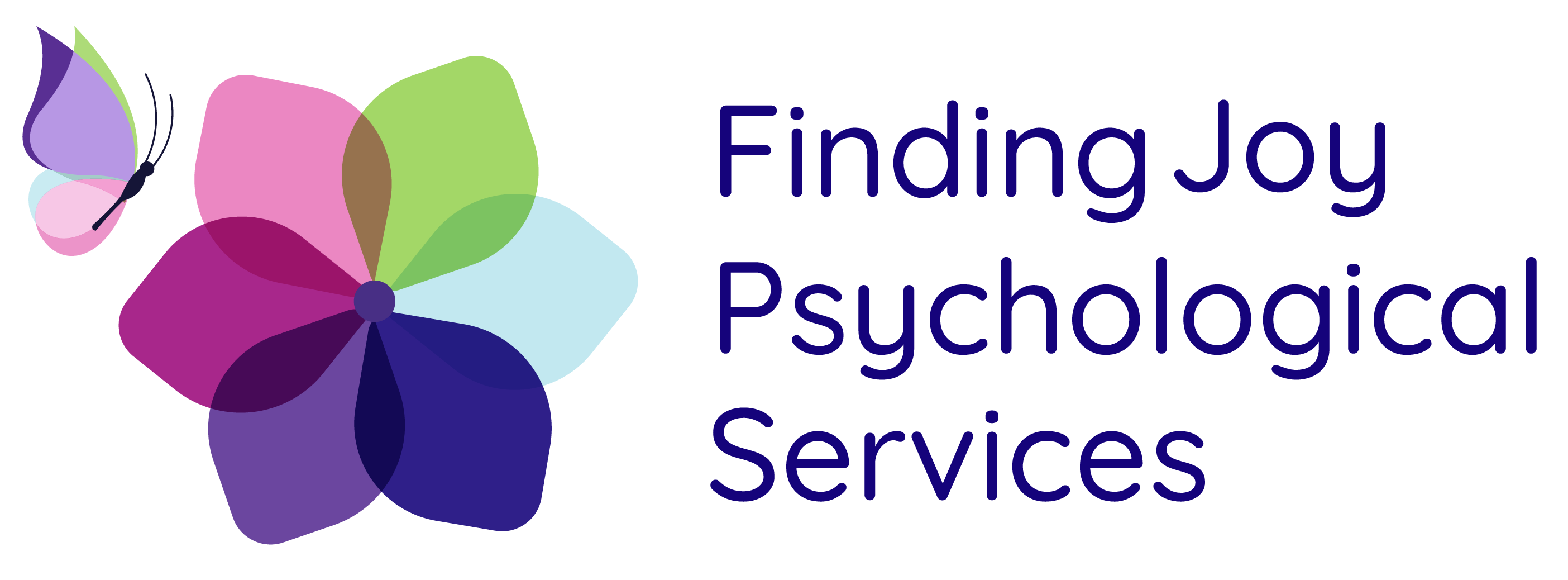Cognitive Behavioural Therapy (CBT)
- SERVIces
- CBT
What is Cognitive Behavioural Therapy (CBT)?
A journey to understanding your thoughts and transforming your life
Cognitive Behavioural Therapy (CBT) is a tried and tested approach to psychotherapy that equips individuals with effective coping strategies for a wide range of psychological challenges. At its core, CBT follows a problem-solving route, empowering people to respond to life’s difficulties with a fresh perspective. By embracing new strategies, individuals can reshape their behaviours, reframe their thoughts, and enhance their overall quality of life.
CBT shines brightest when tackling specific issues like anxiety, depression, pain management substance abuse, or eating disorders. By honing in on the problem and exploring responses with a skilled CBT therapist, individuals can learn new ways of thinking, feeling and behaviours. That ultimately can lead to reduced stress and anxiety, fostering a healthier approach to triggers.

Christina Jassi
Founder, CEO , Psychologist, coach
Katy Pleasant
Psychotherapist
Candice Williams
Clinical Psychologist
Rajneet Darar
Psychotherapist
Contact Details:
- info@findingjoypsychology.com
- +44 (0) 7508 033157
Tailored to Individual Needs
Your mind, your journey uniquely crafted for you
CBT is highly adaptable, involving techniques that transform thinking patterns, negative self-talk, practice mindfulness, and break free from unhelpful habits. For someone grappling with depression, for instance, CBT dives into practical solutions alongside therapeutic techniques, ensuring a holistic approach.
CBT for Depression
Rewiring thoughts to reignite hope and happiness
Depression is a common yet formidable mental health issue that can severely diminish quality of life. Cognitive Behavioural Therapy (CBT), can significantly improve these symptoms. With depression CBT, clients learn to tweak their thought patterns and behaviours to regain control over their mood and actions. Working alongside a therapist, individuals explore their feelings in various situations, exploring how their reactions contribute to their depression.
Together, they identify life circumstances impacting upon their depression and brainstorm more effective behaviours to alleviate and elevate mood. Over time, these new, empowering behaviours become integrated into daily life, fostering lasting change. CBT promotes self-empowerment, with the aim of making you your own therapist. Instead, clients are encouraged to practice and hone their skills independently, ensuring their therapeutic journey is purposeful and finite.
Tools like journaling or tracking triggers help individuals learn to manage their thoughts and reactions to events linked to their depression. By understanding their situation, engaging in positive self-talk, and employing self-evaluation techniques, clients gain valuable skills that extend beyond therapy sessions.
CBT for Generalised Anxiety Disorder (GAD)
Find calm in the chaos—one thought at a time
Generalised Anxiety Disorder (GAD) can be a relentless source of distress, leaving individuals in a constant state of unease. Those with GAD often experience intense, pervasive anxiety, impacting both mental and physical health. Untreated, GAD can escalate, often pushing individuals to withdraw socially or resorting to varying forms of self medicating.
CBT operates on the premise that thoughts, feelings, and behaviours are intertwined; by shifting one area, positive changes ripple through the others. Many individuals fall into a trap of worrying rather than tackling problems head-on, creating a destructive cycle of anxiety.
Through therapy, clients can gradually acquire problem-solving skills and behavioural techniques, learning to respond to triggers with healthier reactions.
CBT for Obsessive-Compulsive Disorder (OCD)
Breaking the cycle, one step towards freedom
Living with Obsessive-Compulsive Disorder (OCD) can mean wrestling with intrusive thoughts and compulsive behaviours that can severely impact quality of life. While medication might offer short-term relief, Cognitive Behavioural Therapy (CBT) can provide a long-lasting strategy to effectively manage symptoms.
Your CBT therapist will determine with you what will be the best approach to help manage your OCD. This may include exploring the origins of the difficulties. The main focus will be learning alternative more adaptive ways of thinking, feelings and responding.
CBT for Phobias
Confront your fears and reclaim your peace of mind.
A phobia is an intense fear of a specific object or situation that can trigger overwhelming anxiety and avoidance behaviours, often disrupting one’s life significantly. Cognitive Behavioural Therapy (CBT) offers a path to managing and ultimately overcoming these fears.
Through CBT, individuals challenge irrational beliefs tied to their phobia, gradually learning to respond more rationally. The goal? To take charge of emotional responses and reduce the phobia’s impact on everyday life. Client’s practice their newfound skills in therapy and at home, documenting their progress and can witness significant improvements over time.
CBT for PTSD (Post-Traumatic Stress Disorder)
Healing the mind, rebuilding life after trauma.
Post-Traumatic Stress Disorder (PTSD) often stemming from traumatic experiences like abuse, accidents, domestic violence, or war . Symptoms often include distressing thoughts and heightened anxiety, making daily functioning a challenge. CBT offers a pathway to regain control, providing individuals with tools to navigate their symptoms effectively.
CBT can foster long-term wellbeing by equipping client’s with coping strategies to work through the traumatic experience and rebuild their lives after trauma.
CBT for Panic Disorder
Learn to breathe through panic and regain control.
Experiencing panic is natural in genuinely dangerous situations, but Panic Disorder flips that script, triggering panic attacks even when there’s no threat. This persistent state can take a toll on mental and physical health. CBT helps individuals pinpoint panic triggers and learn strategies to manage symptoms, significantly enhancing their quality of life.
Through self-awareness and practice, client’s develop healthier responses to their triggers, empowering themselves to regain control over their fears.
CBT for Health Anxiety
Transform worry into well-being with mindful strategies.
Health Anxiety can amplify normal health concerns to a debilitating level. CBT is a valuable resource, guiding individuals to manage their symptoms and reclaim their quality of life.
In therapy, client’s explore what triggers their health anxieties and how to respond to these situations more constructively. The goal is to empower individuals to shift their thinking and behaviour patterns, leading to a more balanced perspective on health.
Let's Talk!
Address:
Discover a Life Full of Happiness.
Opening Times:
Copyright © 2024 Finding Joy Psychology




